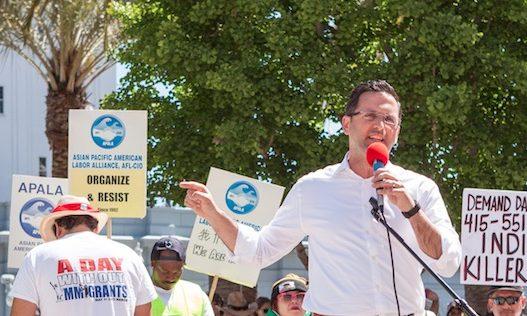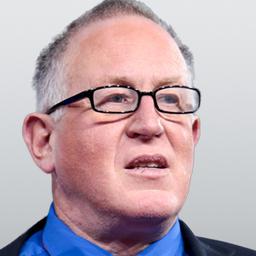Commentary
A Beijing-aligned U.S. labor group is actively involved in state elections. The Asian Pacific American Labor Alliance (APALA) has helped Democrat candidates win several close races, including two U.S. Senate contests in Nevada.


A Beijing-aligned U.S. labor group is actively involved in state elections. The Asian Pacific American Labor Alliance (APALA) has helped Democrat candidates win several close races, including two U.S. Senate contests in Nevada.